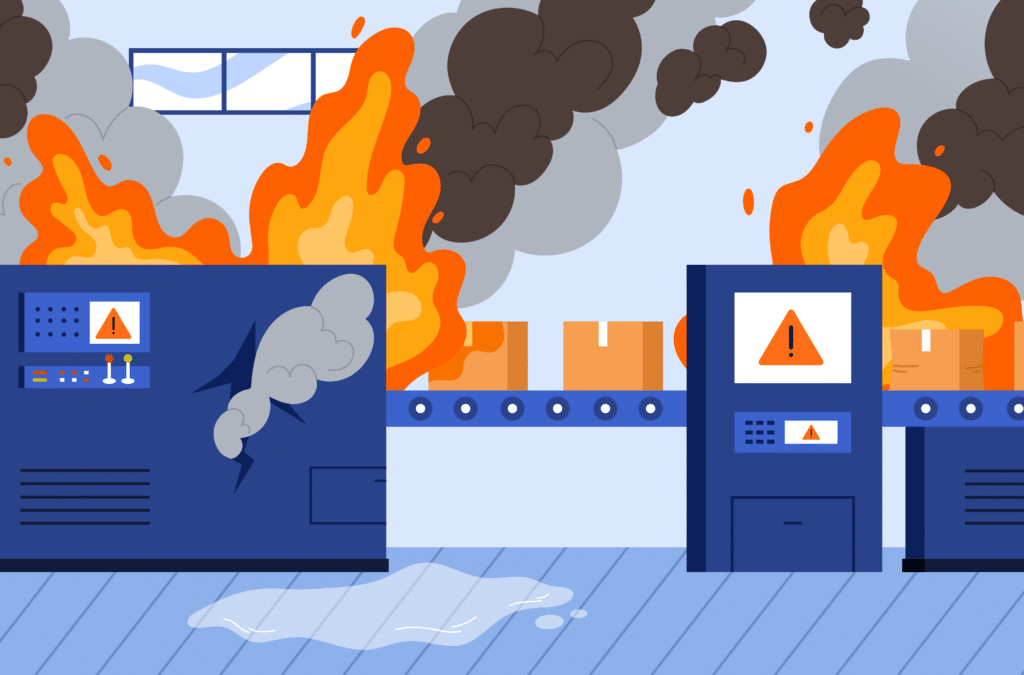
Gaining Traction

Finding the right insurtech startup for you isn't easy.
The other question is market maturity—how far along is their solution? Are they at the back-of-the-napkin idea stage, or have they built some proof of concepts? Have they done pilots with insurers. Have they implemented it? Are they live with an insurer? Everybody has to go through a process to narrow down the 800 insurtechs out there to the ones that match their business strategy.
Agents and brokers should be aware of and evaluating insurtechs as well. Many of the insurtech companies will either be their competitors or have some tech solutions that could give a broker a valuable edge.
The challenge for insurers is that you almost have to take a portfolio approach to it. You have to work with a number of them and know that some are going to fail and some are going to be successful. You are looking for a home run or two, but you know that some are going to fail.
Another landmine is not taking the proper approach and thinking about how you manage these organizationally. Like all startups, these guys tend to pivot and realize that their original idea—as cool as it was—no one was buying it. With their capabilities, they can flip to something different because an insurer asked if they could do that. That may be a direction that doesn’t make sense for another insurer. You have to watch the pivots, and you have to pick the right approach.
There is great potential for loss control engineering. It’s a discipline that’s going to change significantly. We are moving into this real-time world where we can monitor and react to every single thing that’s being tracked, monitored or recorded—not just for the factories and utilities but also for the small businesses.
With all this real-time data, there is a great opportunity to rethink the whole relationship between the insurer and their policyholders and manage the risk in some different ways. There are lots of implications there for the product and the premium and the way the whole relationship evolves. There are huge implications in commercial lines.
In workers comp, there is a fascinating potential for improving the safety of work sites and workers in various professions, managing and monitoring them, and helping with improved treatment plans and getting them back to work.
Specialty lines offer all kinds of unique opportunities. There is absolutely great potential. Commercial lines will change just as much as personal lines over the next five to 10 years.




